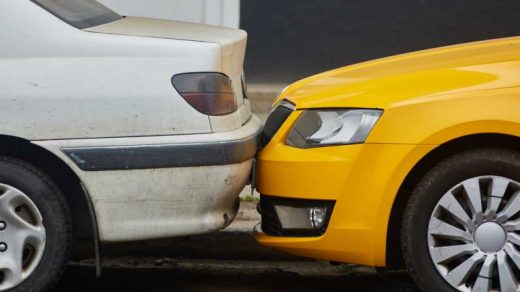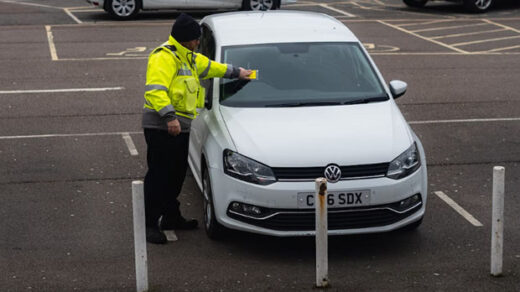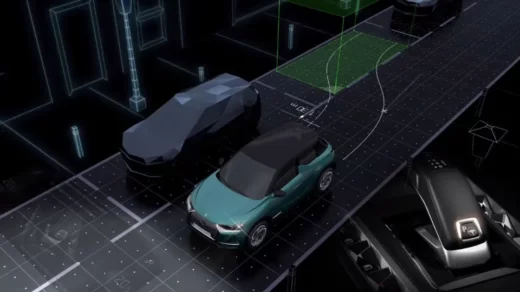How long can you leave your car running while parked? When you arrive at your destination, you might wonder how long you can safely let the car run while you park, and then jump out of the car to run errands quickly without disturbing the tranquility.
On average, more than 5 minutes in an ideal car will cause the engine to get hotter than normal. Many states limit the ideal time during low temperatures to 20 minutes. If you must, try driving around the block every 5 minutes.
In this article, we’ll discuss whether you can keep your car open while parked. This is one of the most asked questions today. let’s start.
Table of Contents
What Is Idling Anyway?
Idling refers to running the car’s engine at lower power when the car is not moving. When the engine is on but the car is not moving, the vehicle runs at idle speed.
Is It Okay To Leave A Car Running While Parked?
For a car driver, you would always find yourself in a parking lot, and you are debating whether you will leave your vehicle running while you are parking. Some people believe that leaving your vehicle running while in the park can be possible. Some people would also say that it is okay to leave your vehicle running while parking.
So generally speaking, you can leave your car running in the park because that would depend on you. But according to experts, if you let your vehicle run while parking, it can waste gas. First, let your vehicle run will consume your gas.
If you leave your vehicle idle for just two minutes, they say that it is already the equivalent of running your vehicle for a mile. So that means that you waste almost a gallon of gas if you leave your vehicle idle for more than just one hour. Leaving your vehicle idle can also burn up your oil.
Letting your vehicle on idle will make your motor oil circulate money and then burn up. This means that you will be spending more frequent oil changes because you will have to do a frequent oil change. And leaving your vehicle idle is not suitable for the environment.
Your vehicle’s exhaust system will make emissions into the air, and it will then contribute to air pollution. This is because letting your engine run without driving your car will contribute more to air pollution. So if you care for the environment, you do not let your vehicle idle.
And the worst thing is that letting your car idle can decrease the performance of your vehicle. So, in the long run, frequent idle of your vehicle will make your spark plug, head gasket, and cylinder rings deteriorate their performance.
Over time, it will then stop working. And lastly, letting your vehicle idle will drain your car battery. A vehicle that is idling will not charge your battery, and it will then cause it to
What Happens Inside Your Car When It Idles?
Simply put, when your car is idling, its engine keeps running. Therefore, it still uses the least amount of fuel to maintain internal combustion. As your engine continues to run, many other automotive processes also need to continue. E.g:
- The battery keeps draining.
- The air conditioner was running all the time.
- The engine keeps heating up.
If you’ve ever heard the claim that idling can damage your car, don’t worry. This is not true.
Why Should I Avoid Idling?
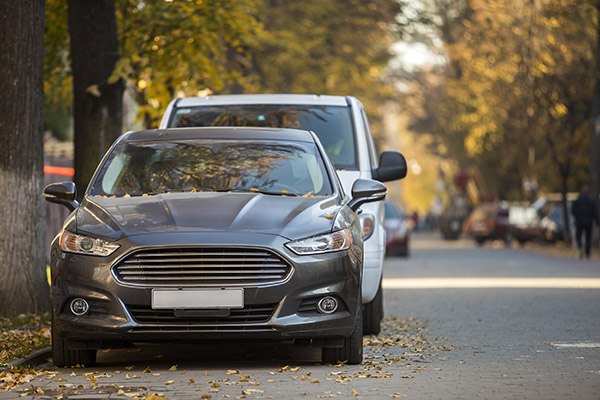
If possible, you should avoid idling your car for extended periods of time and try to be mindful of when and how often you idling. Here are some reasons why you might want to think twice before driving.
- It wastes fuel
It’s a common misconception that stopping and restarting your engine consumes more gas than idling. According to the Environmental Protection Fund, stopping and restarting the vehicle will consume the same amount of gas as it would have done at idling for 10 seconds.
Thanks to fuel injection technology, drivers no longer need to worry about wasting fuel by stopping and restarting the car. If you park for more than a minute, you can save fuel by turning off the engine. Given the current cost of gasoline, a restart is by far the best option.
- It might be hard for your engine
Excessive idling time can wreak havoc on engine components, including the exhaust system, cylinders, and spark plugs. The reason behind this is that when your car is idling, the fuel is only partially burned.
As a result, it can build up on the cylinder walls, damaging the spark plugs and exhaust system.
- It is bad for the environment
Carbon dioxide, the number one culprit of global warming, is released through car emissions at idle speeds. So every ten minutes your engine shuts off, and you stop the release of a pound of carbon dioxide.
So if you’re concerned about the air your family breathes, it’s best to limit the amount of time your car is driven.
You Might Like Virginia Car Seat Law Explained [Latest Update]
- It’s bad for you and your family’s health
It might be tempting to leave the car on all the time while you’re running around the store or bank, but it might not be the best option for your child’s health. Did you know that when you’re idling, exhaust can seep through the vents?
Excessive exposure to carbon monoxide can increase your and your family’s risk of developing dangerous diseases such as asthma and allergies. It also increases your risk of heart disease, lung disease, cardiorespiratory disease, and even some cancers.
- You may be out of gas
If you’re driving at low speeds, you may want to think twice about idling for long periods of time, as this could drain your gas tank. The last thing you need is to run out of gas on the way to school.
- You can invite theft
It’s something we never want to think about, but the truth is, there are thieves out there. Auto theft is on the rise in many US cities, and unfortunately, idling cars are easy targets.
A stolen car is never something you want to deal with, but if the kids are in it, it’s a mother’s nightmare.
If you choose to keep your vehicle moving, always make sure you have a clear view of your vehicle and the ability to get back quickly in an emergency.
- Your car battery may be draining
If you keep the car running, it drains the car’s battery. When your car is idling, the engine and alternator will run at a slower speed. The alternator will have enough power to charge the battery.
However, if you’re running AC, heaters, or any other electrical components like lights or radios, this can cause your battery to drain faster.
- It may be illegal
Some U.S. states such as New York, Massachusetts, Hawaii, and parts of California have passed laws making idleness illegal. Other countries are following suit. Unnecessary idling can result in fines, so it’s best to shut down the engine when in doubt.
What Happens if Your Car Idles for Too Long?
If you drive too long, you may experience some unpleasant side effects:
As mentioned earlier, as long as your car is powered on, its engine will continue to consume fuel. But it also drains energy from the car’s battery, as the engine and alternator run slowly whenever the car is idling. The alternator provides enough power to charge the battery on its own. Still, if you’re idling and other electronic components are energized — like your radio or lights — you could gradually drain your car’s battery and potentially get yourself into trouble.
Your engine may also overheat if you leave your car idling for extended periods of time. However, this particular error is often caused by mechanical failure. If your engine is overheating, have the cooling system or fan belt checked by a certified technician
Your car may be out of gas. When people just sit and don’t drive, an empty gas tank can sneak up on someone who doesn’t want the fuel gauge to go down. But it can and has happened to people many times in the past.
Does Idling Damage Your Engine?
Yes, idling can damage the engine. Frequent idling can damage engine components. These components include, but are not limited to, cylinders, spark plugs, and exhaust systems.
At idle, the vehicle’s engine will not work at its optimum temperature and the fuel will burn slightly. As a result, it can cause fuel residue to build up on the cylinder walls. This can damage your spark plugs and even your exhaust system.
There’s also a problem with carbon monoxide poisoning if you leave the car idling. You must not allow the vehicle to idle in an enclosed space. This can be toxic to you and your in-car company.
If you decide to idle your vehicle, you must make sure you are in an open and well-ventilated area. So if you want to wait in the car, roll the windows down instead of idling the vehicle. If you’re in a long queue in traffic with no end in sight, you can temporarily turn off the engine.
When Should You Leave Your Car Running?
Even with the above risks in mind, there are situations where it may be appropriate to keep the car running rather than shutting down the engine. Examples include:
- When you warm up your vehicle in winter and plan to run the engine for a minute or two.
- When you’re sitting at a traffic light, even if the red light pause time is extended by a few minutes. In this case, shutting down the engine and starting it up again may take too long, leaving people waiting behind you.
- When you run out of gas and want to go to the gas station. In many cases, more gasoline is needed to start the engine than to keep it running. So, if you’re driving on smoke and trying to get to safety, keep your car open and idling.
How Long Can You Leave Your Car Running While Parked?
If you’re wondering how long your vehicle can go when parked, the correct answer is uncertain. Leaving the car idling will run out of gas. It also depends on the driver.
You can drive in the park but at your own risk. Your oil and fuel can be damaged and reduced.
In addition, there are harmful effects on the environment and damage to your vehicle. So you can keep your car in the park if you want, but it will have consequences for your car.
Times I Shouldn’t Leave My Car Running?
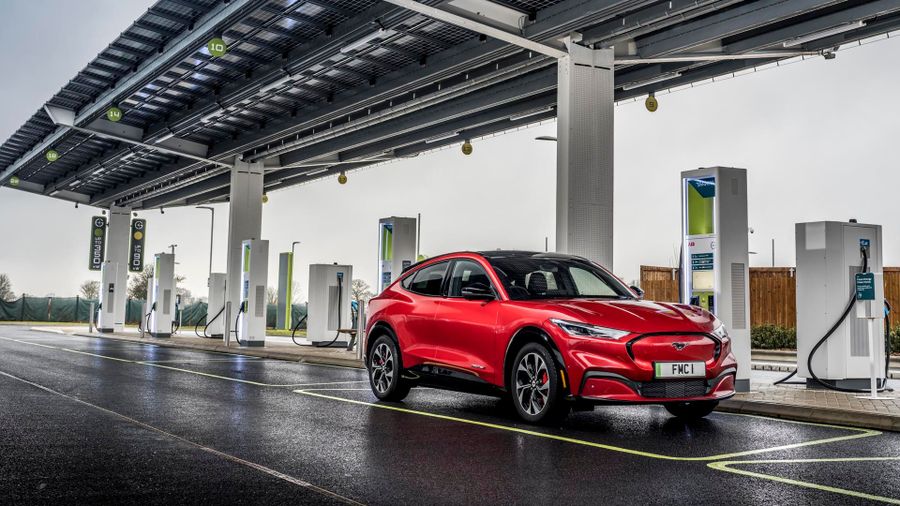
You shouldn’t leave the car on all the time while filling up at the gas station. Smoke from the air pump can easily ignite due to the high temperature, so it is important to ensure that the engine is completely shut down when filling the tank.
Leaving the car idling in the garage is also not a good idea, especially when the garage door is closed or family members are in the car. Dangerous amounts of carbon dioxide can enter the car, causing poisoning and even death.
Final Thoughts
Can I leave my car running for an hour? Best not, it is too long and may cause some problems.
All in all, you can keep your car’s engine running for quite some time before you start having problems. However, it’s still a good idea to avoid the habit of doing nothing. Leaving the car on the road does nothing for the long-term health of the vehicle, but it does have the potential to cause unexpected problems or mechanical failure.
Read More: What to do when car sliding on ice?

